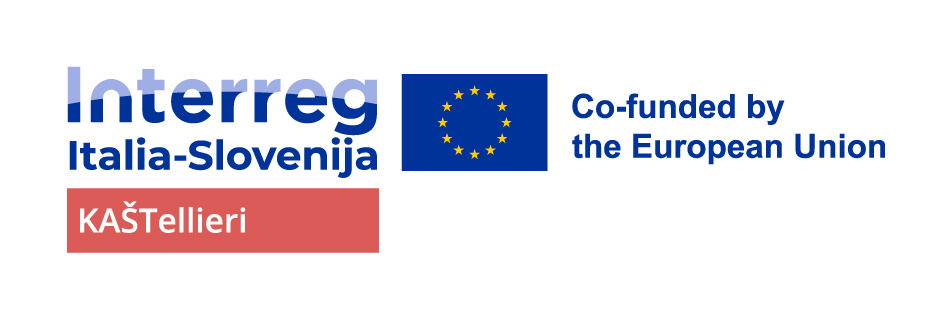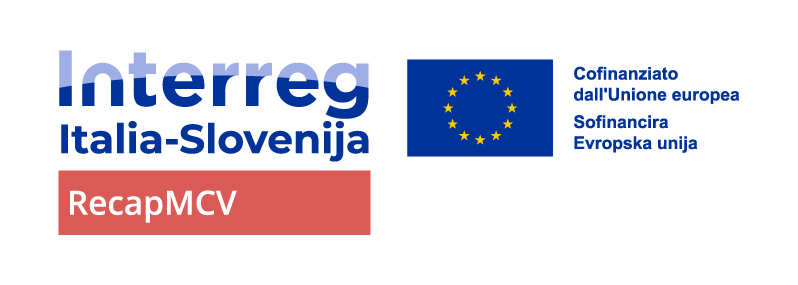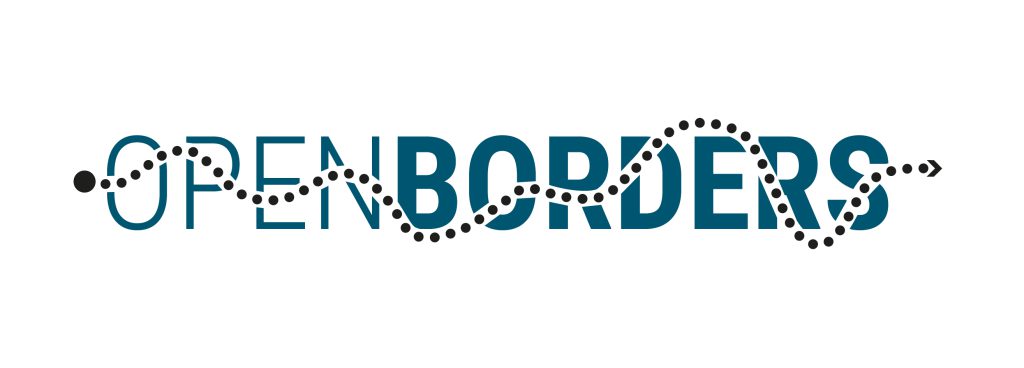TransborderTV
TransborderTV aims to deconstruct the history of the Cold War in Europe through an in-depth qualitative analysis of the activities of TV Koper-Capodistria (TVCK). This Italian-language Yugoslav TV station was created in 1971 to address the needs of the Italianethnic minority in Yugoslavia, but it soon became a fundamental tool of transborder communication. This channel brought the firstcolour broadcast to Italian viewers, its programme schedule being regularly published in the Italian national press. However, TVCKwas not only a platform for bilateral links.
The Mediterranean and Slovenia
The research programme The Mediterranean and Slovenia draws its scientific potential from a specifically structured milieu that emerged at the intersection between the Adriatic and Central Europe, and which from a historiographic viewpoint highlights the contiguity, and the borderland and interactive character of the Slovenian Mediterranean region.

KAŠTellieri
The main objective of KAŠTellieri project is to preserve, enhance and protect the cultural heritage of prehistoric hill forts (Kaštelir) within the sustainable cultural and tourist destination Cross-border Land of Prehistoric Forts – Upper Adriatic hillforts. The aim is to revive and promote upper Adriatic hillforts through innovative and sustainable cross-border tourism products, with a focus on digitalisation, social inclusion, and the green transition.

RecapMCV
The cross-border project RecapMCV will contribute to the visibility of the cross-border tourism region by valorising, upgrading and promoting the digital products and their impacts, developed in the MerlinCV project, which are based on the valorisation of the untapped potentials of cultural and natural heritage and gastronomy.
Being European and decolonial: Utopian realism of the Yugoslav nonaligned internationalism
The project address the ‘global’ Yugoslavia – the only major European member of the Non-Aligned Movement (NAM) – as a fascinating conjuncture of political, economic and cultural ideas and realities of the industrialised North and the postcolonial South from the late 1950s to the late 1980s.
Rendering a globalization otherwise
The project is concerned with the political, economic and anthropological aspects of a unique concept of globalization developed between the early 1960s and late 1980s within the Group of 77 and the Non-Aligned Movement.

OPEN BORDERS
This project aims at rethinking the history of Cold War Europe by examining the development of transnational cross-border cooperation between “East” and “West” from the end of World War II to the present. Overcoming traditional visions of a clear-cut European separation symbolized by the Berlin wall, a decentralized analysis of recent European history will show us that the question of a divided continent should be reframed.
Religious change in Slovenia and Yugoslavia: Religious conversions and processes of atheization
The project aims to explore religious transformations in 20th century Slovenia and Yugoslavia marked by various kinds of religious agency that cuts across established norms, legal frameworks, and cultural expectations. This constitutes one of the first study in the region using a broad-based understanding of religious conversions to probe the religious changes in Slovenia and Yugoslavia and the process of formation or reformation of religious minorities.
Decade of Decadence. Citizenship, Belonging, and Indifference to the State in the Northern Adriatic Borderland, 1914-1924
ARIS Code: J6-3121Project duration: 1. 10. 2021–30. 9. 2024Project leader: Borut Klabjan, PhDParticipating institute at ZRS Koper: Institut for Historical Studies
Cultural-historical aspects of senescence: experiences, representations, identities
The project research will focus on cultural and social aspects of ageing in the Slovene part of the Habsburg monarchy in the period between 1848 and 1914.
 en
en Slovenščina
Slovenščina Italiano
Italiano